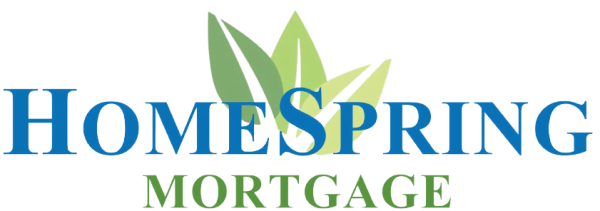Getting approved for a mortgage can feel overwhelming—especially if your income or financial situation doesn’t fit the standard “9-to-5 W-2” mold. That’s where Non-QM (Non-Qualified Mortgage) loans come in. These loans are designed for borrowers who may not meet traditional lending standards, such as self-employed individuals, business owners, or those with irregular income streams.
However, while Non-QM loans are more flexible, they do have their own documentation requirements. Understanding what lenders need upfront can make the process smoother and less stressful. Continue below to learn more.
1. Income Verification Options
Unlike traditional mortgages that often rely on W-2s and tax returns, Non-QM loans offer alternative ways to prove your income. Depending on your situation, lenders may ask for the following:
- Bank statements: Typically, 12–24 months of statements showing deposits and income flow.
- Profit-and-loss statements: For self-employed borrowers, an up-to-date profit-and-loss statement may be required, sometimes prepared by a CPA.
- 1099 forms: If you’re a contractor or receive freelance income, your 1099s can demonstrate your earnings.
The goal is to demonstrate consistent cash flow, even if it doesn’t align with the traditional employment model.
2. Asset Documentation
Lenders want to know you have the resources to cover down payments, closing costs, and reserves. Common documents include:
- Bank statements for checking and savings accounts
- Investment account statements (stocks, retirement accounts)
- Documentation of other assets, like real estate or valuable property
Providing clear and organized statements upfront can speed up the approval process.
3. Credit Information
Non-QM loans often accept borrowers with non-traditional credit profiles, but you’ll still need to provide documentation, such as:
- Credit reports (most lenders pull these themselves)
- Explanations for past credit events (if needed, such as a bankruptcy or late payments)
- Alternative credit references (like utility or rent payment history)
The goal here is to show your overall financial responsibility, even if your credit history isn’t perfect.
4. Property Documentation
Just like traditional loans, the property you’re purchasing must meet specific criteria. You may need:
- Purchase agreement or sales contract
- Property appraisal
- Homeowners insurance documentation
This ensures that both you and the lender are protected throughout the loan process.
5. Additional Considerations
Every non-qualified mortgage company is slightly different. Some may require:
- Letters of explanation for irregular income or large deposits
- Business licenses or proof of ownership for self-employed borrowers
- Documentation for multiple income streams, like rental income or investments
The key is to be prepared and transparent. Having all documentation ready upfront makes the process faster and smoother.
Partner with Homespring Mortgage for Your Non-QM Mortgage in Charleston, SC
Non-QM loans offer flexibility for borrowers who don’t fit the traditional mold, but they do come with documentation requirements that are slightly different from conventional mortgages. By understanding what lenders are looking for, you can navigate the process with confidence. At Homespring Mortgage, we specialize in helping borrowers understand and meet these requirements, making your path to homeownership as stress-free and straightforward as possible.
Ready to explore Non-QM loan options? Contact Homespring Mortgage today to see how our mortgage lenders can help you secure a loan that fits your unique financial situation.

